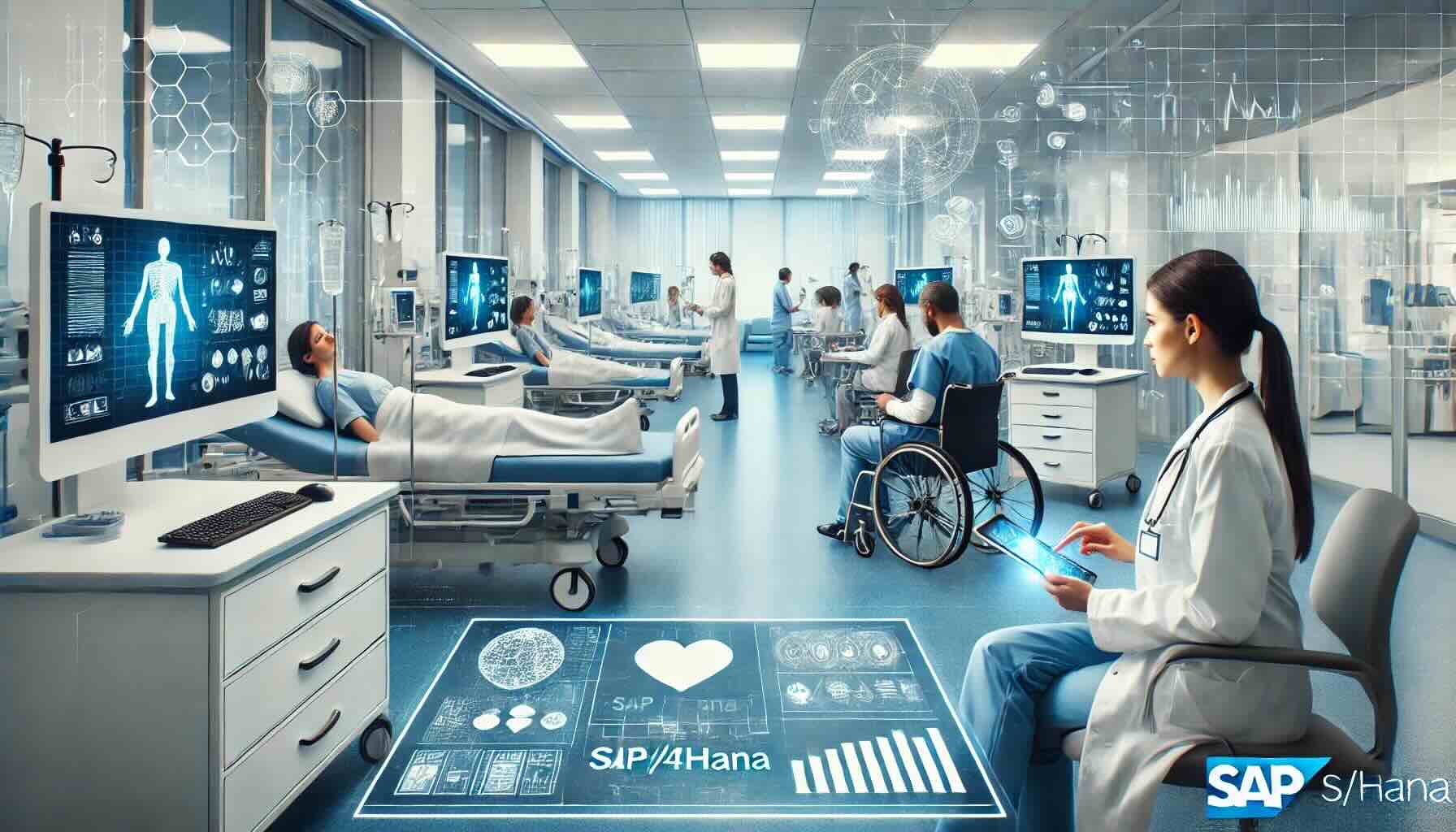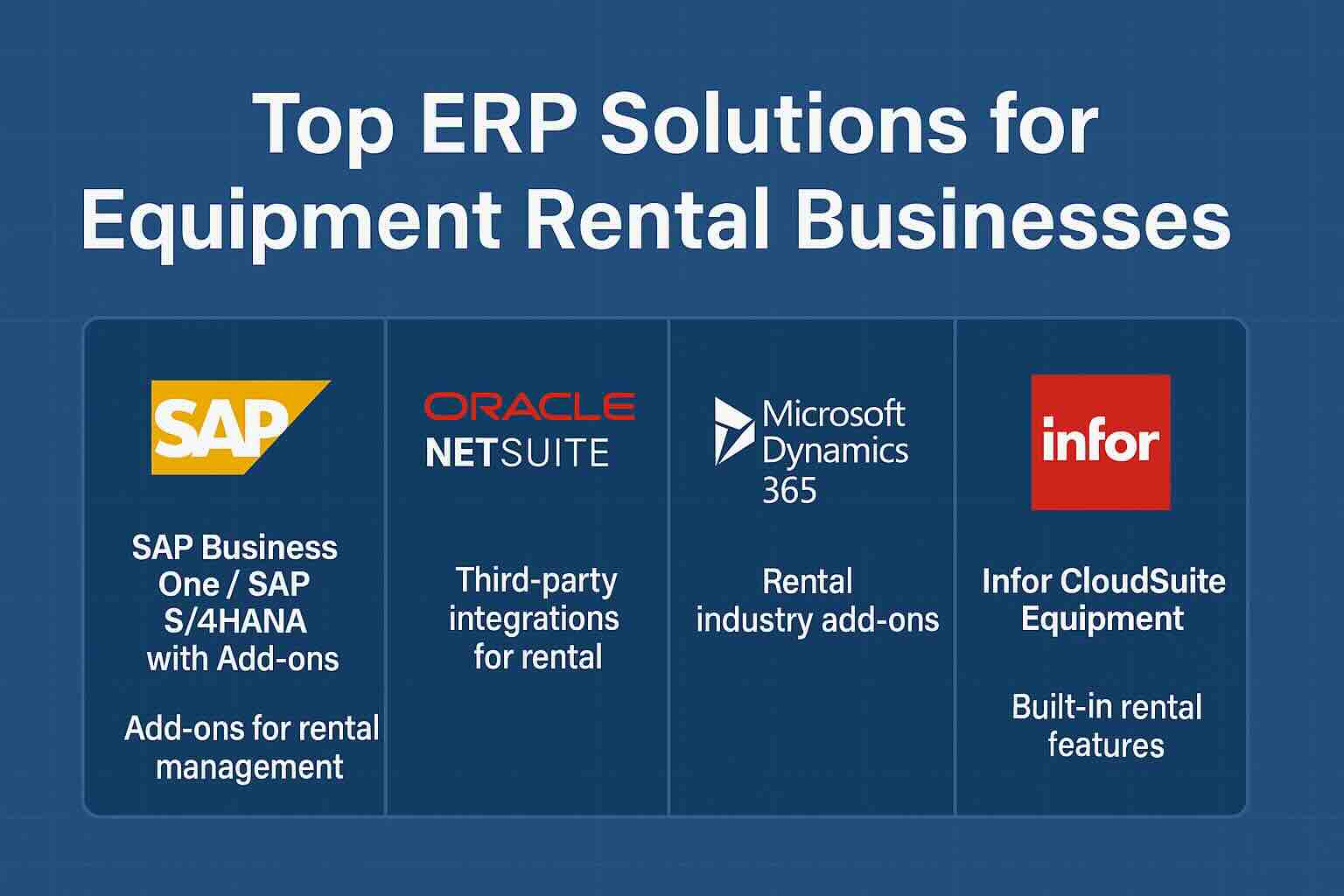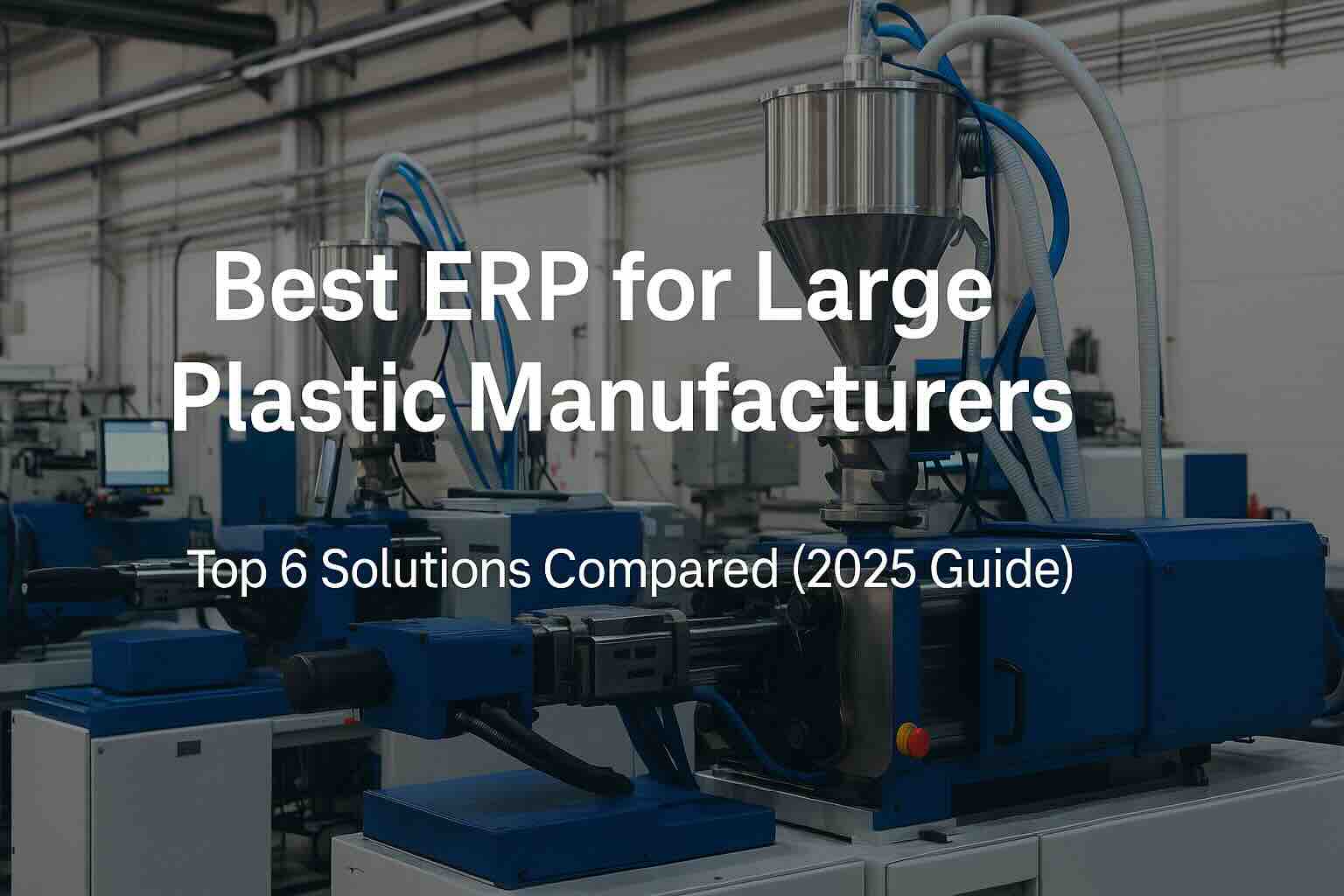Is SAP S/4HANA a Good ERP for Healthcare?

In today’s fast-paced healthcare industry, efficiency and data accuracy are paramount. The adoption of advanced ERP (Enterprise Resource Planning) systems can transform how healthcare organizations manage their operations. One of the leading ERP solutions in the market is SAP S/4HANA. But is SAP S/4HANA a good ERP for healthcare? Let’s delve into the specifics to understand its potential benefits and challenges in the healthcare sector.
What is SAP S/4HANA?
SAP S/4HANA is SAP’s next-generation ERP suite, designed to help businesses run simple in a digital and networked world. Built on the in-memory database SAP HANA, it offers a significant improvement in speed, data processing capabilities, and real-time analytics. It provides comprehensive functionalities that cover various business processes, including finance, logistics, supply chain, and more.
Benefits of SAP S/4HANA for Healthcare
- Real-Time Data and AnalyticsHealthcare organizations generate a vast amount of data daily, from patient records to supply chain logistics. SAP S/4HANA’s in-memory computing allows for real-time data processing and analytics. This capability enables healthcare providers to access up-to-the-minute information, which is critical for making informed decisions quickly. For instance, real-time data can improve patient care by providing immediate insights into patient health trends and treatment efficacy.
- Enhanced Patient CareWith SAP S/4HANA, healthcare organizations can integrate various functions into a single platform. This integration facilitates seamless communication between departments, ensuring that patient information is readily available across the organization. Enhanced data accessibility leads to better coordination of patient care, reducing errors and improving overall treatment outcomes.
- Operational EfficiencySAP S/4HANA automates and streamlines various administrative and operational processes within healthcare institutions. From inventory management to billing and scheduling, the ERP system helps reduce manual workloads, thereby increasing efficiency. For example, automated supply chain management ensures that medical supplies are always adequately stocked, preventing delays in patient care.
- Regulatory ComplianceThe healthcare industry is heavily regulated, with stringent requirements for data security and patient privacy. SAP S/4HANA provides robust compliance features that help healthcare organizations adhere to regulations such as HIPAA. Its advanced security measures protect sensitive patient data from breaches and unauthorized access, ensuring compliance and building trust with patients.
Challenges in Implementing SAP S/4HANA in Healthcare
- Cost and ComplexityImplementing SAP S/4HANA can be costly and complex. Healthcare organizations need to invest in the necessary hardware, software, and training. The transition from legacy systems to a new ERP system can also be challenging, requiring careful planning and execution to avoid disruptions in daily operations.
- Customization NeedsEvery healthcare organization has unique processes and requirements. Customizing SAP S/4HANA to fit these specific needs can be time-consuming and may require specialized expertise. Ensuring that the ERP system aligns perfectly with the organization’s workflows is crucial for maximizing its benefits.
- Change ManagementTransitioning to a new ERP system involves significant change management. Staff must be trained to use the new system effectively, and there may be resistance to change from employees accustomed to existing processes. Effective change management strategies are essential to ensure a smooth transition and user adoption.
Conclusion
SAP S/4HANA offers a robust and comprehensive ERP solution for the healthcare industry. Its capabilities in real-time data processing, enhanced patient care, operational efficiency, and regulatory compliance make it a valuable tool for healthcare organizations looking to improve their operations. However, the challenges related to cost, complexity, customization, and change management should not be overlooked.
In conclusion, SAP S/4HANA for healthcare holds significant promise, provided that healthcare organizations are prepared to invest in the necessary resources and manage the transition effectively. With proper implementation, SAP S/4HANA can be a game-changer, driving improvements in patient care and operational efficiency.
By leveraging the advanced features of SAP S/4HANA, healthcare organizations can navigate the complexities of the modern healthcare environment and deliver better outcomes for patients.
To compare SAP S/4HANA with 100s of other ERP solutions, you can use our new AI-powered Compare ERP tool. It’s free to use and you get a guaranteed discount on your first year’s licence fees with a referral from Compare ERP.









